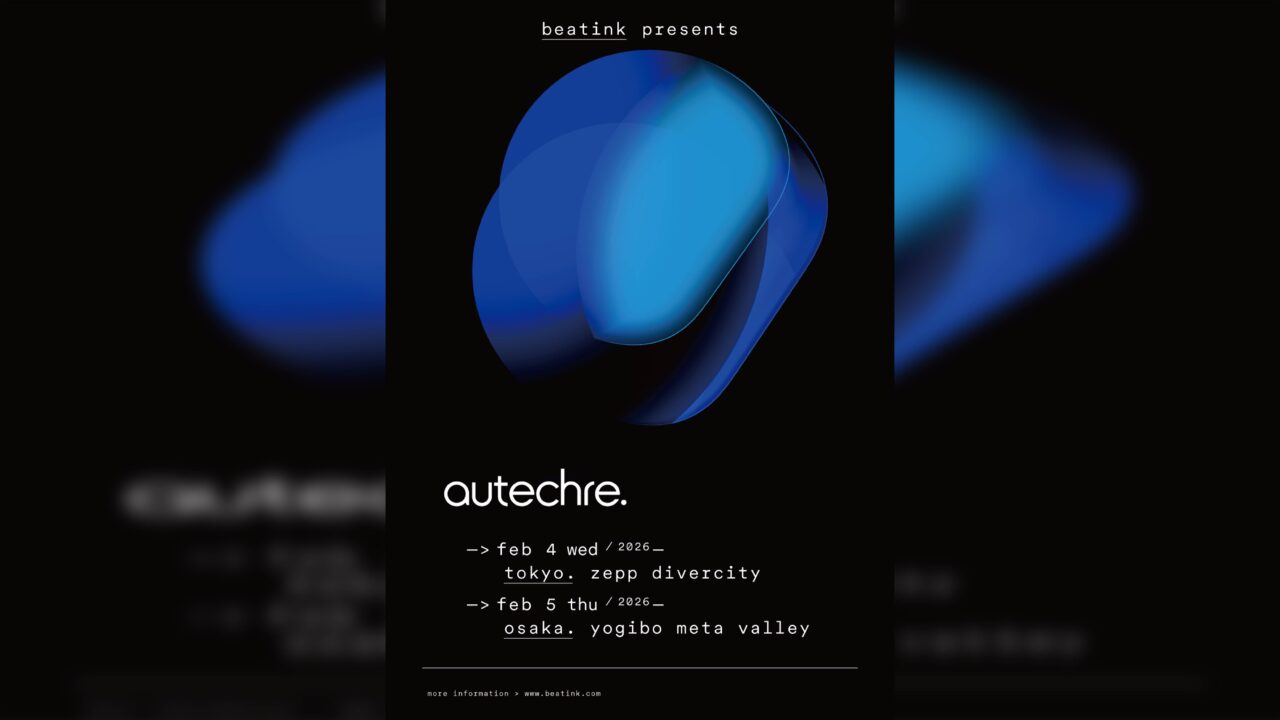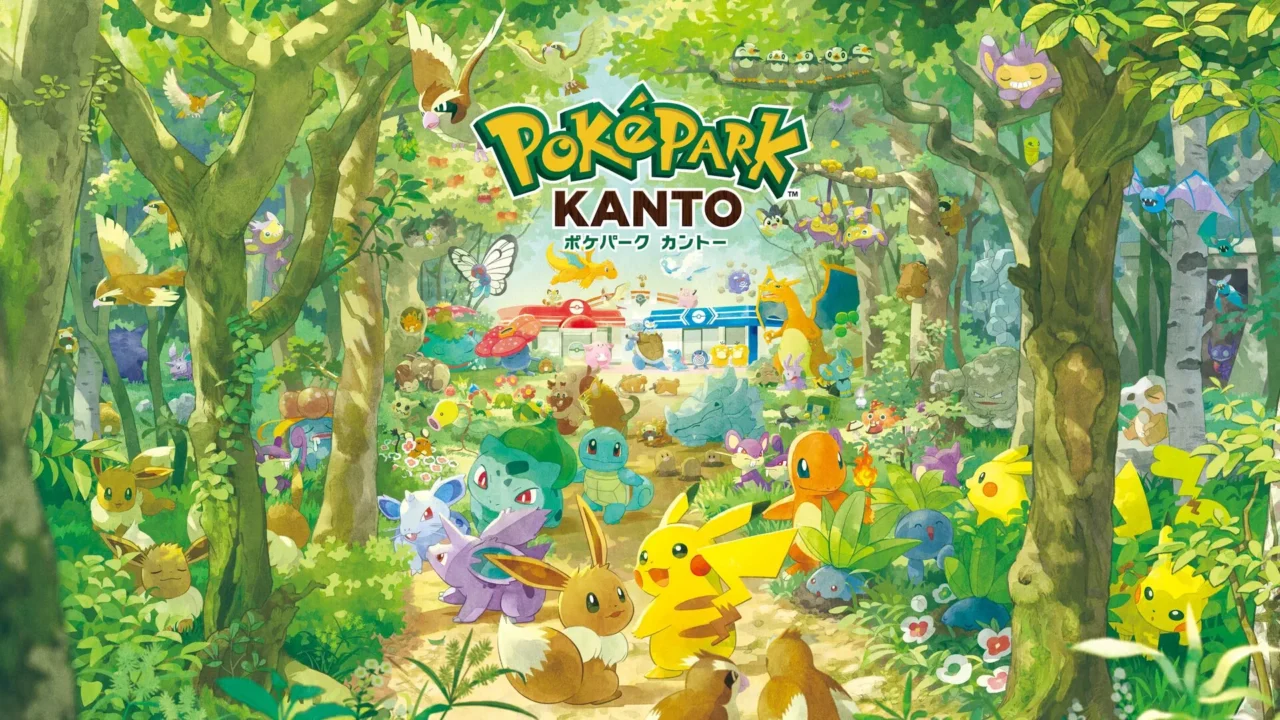Kaika, the virtual singer-songwriter, has completed their first album, “Umareru Mae Kara Kimi o Shitteru.” The title, drawn from the lyrics of their very first song “Kaika,” is more than just words—it’s a declaration of self. It speaks to the unbroken thread between Kaika and their past identity, Kaf, a reminder that no matter how the image shifts, the voice remains the same. The album itself bridges these worlds, blending past and present into a single, continuous story.
But even without this backstory, “Umareru Mae Kara Kimi o Shitteru” stands as a breathtaking debut, filled with raw emotion and vivid storytelling. Across 15 tracks, the album paints the restless journey from adolescence to adulthood, at times deeply realistic, at times dreamlike. Yuki Yamato lends her vision to a three-part music video series, featuring “Tenkōsei,” “Higurashi no Uta,” and “Stand by Me,” while Yusuke Koide of Base Ball Bear brings his touch to “Tokyo, Bokura wa Daijōbu Kana.” With diverse arrangements and Kaika’s expressive vocals, each song transforms into a shimmering pop gem.
A flower blooms, the wheel begins to turn—Kaika’s voice is here, ready to take flight.
INDEX
Kaf and Kaika: No Longer Bound by Binary Opposition
The album release was announced during your online concert in January. Looking back, how did that day feel for you?
Kaika: Since I was first introduced on the stage of KAF’s solo concert, a lot of people see me as an extension of KAF and have been supporting me because of that connection. But this time, it was my own solo concert. I was both nervous—wondering if people would come to watch—and excited about the chance to try something new.
Since it was a Transmission Live, the visuals were on a whole new level—unlike anything I’d seen before. They created virtual versions of places that felt familiar from my time as KAF, like the streets of Shibuya and the tree-lined paths of Yoyogi Park, which was really moving. The way particles of light burst out with the music, or how rain started falling—it all reflected the emotions in the songs and even my movements. That made me really happy, and I was able to sing with a sense of calm and confidence.
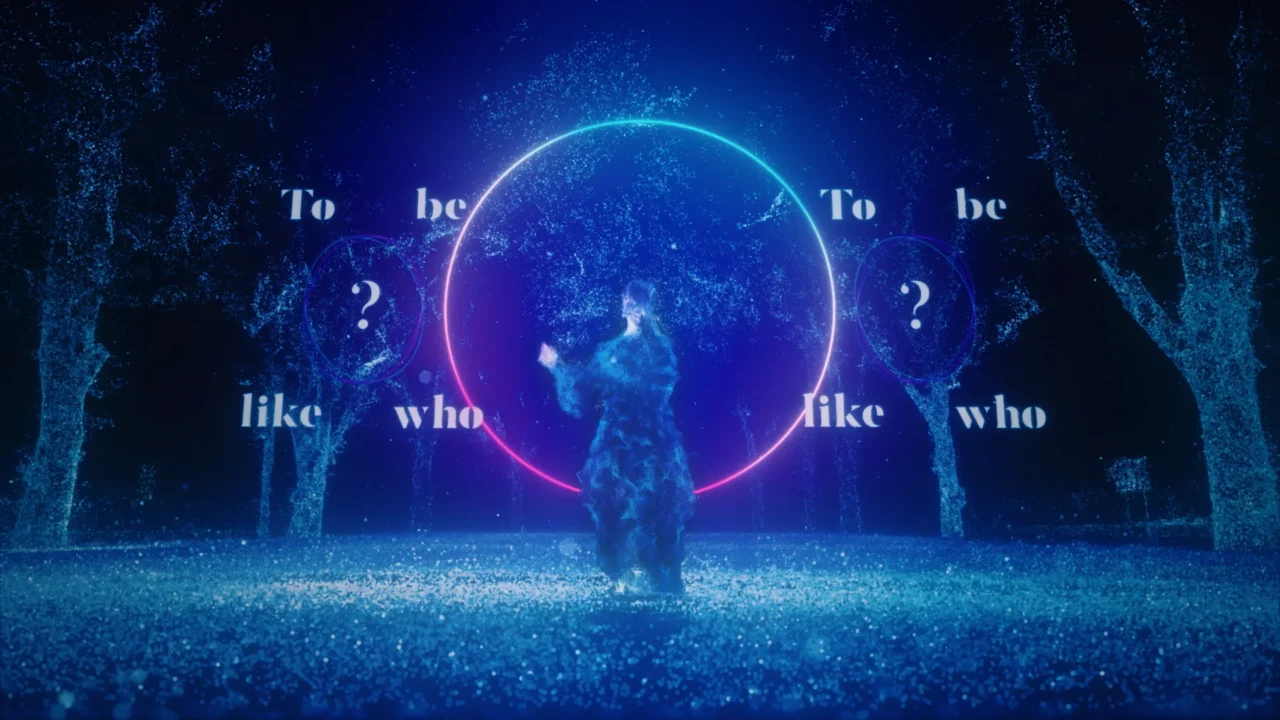
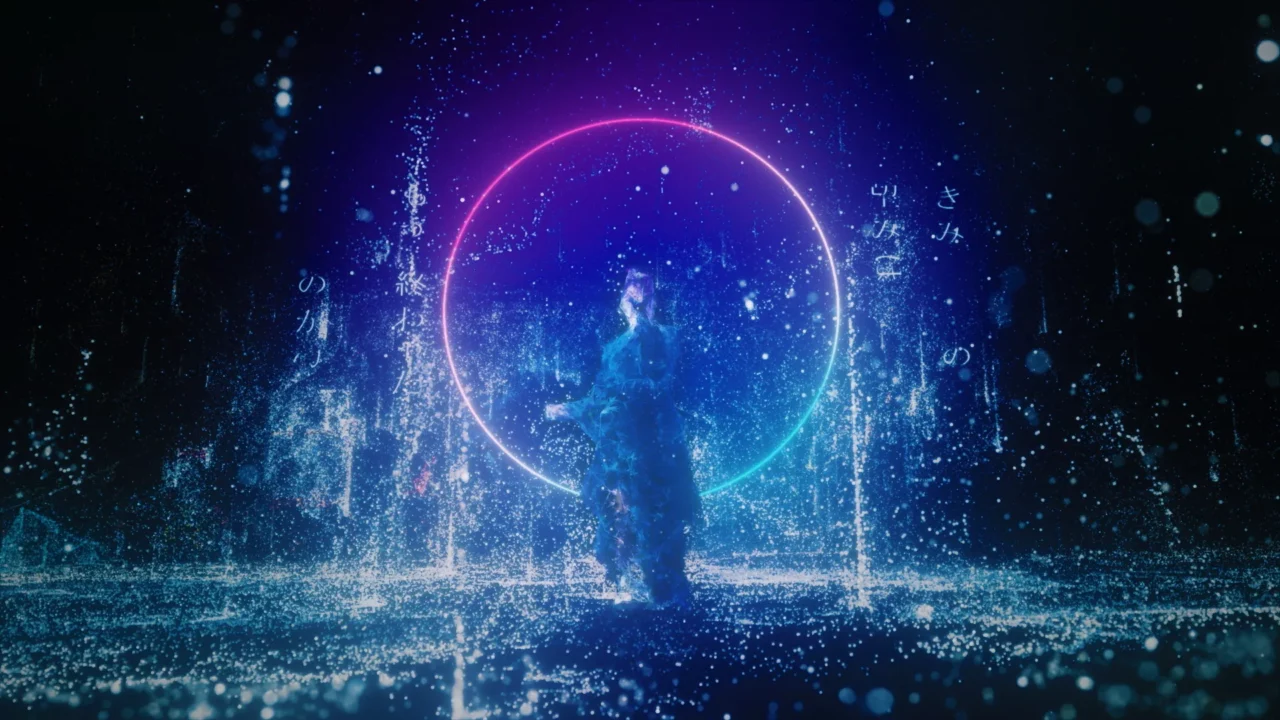
That day also marked your first anniversary as Kaika. How do you look back on this past year?
Kaika: While what I do hasn’t drastically changed, the biggest difference is that the songs I used to make just for myself are now being heard by others, and that makes me really happy. “My Dear” and “Remember,” which are on this album, were originally written as KAF songs—they were the first ones where I really thought about how they’d be received by listeners. After my debut at the Yoyogi concert in January, I started making Kaika’s songs with that same awareness, thinking, “Someone might actually be listening to this.” Over the past year, that shift in mindset has changed the way I approach songwriting.
Some people tend to see KAF and Kaika as two opposing identities, but in your live shows and interviews, you’ve talked about how they’re actually connected. A year in, do you feel that perception has changed?

Kaika:As for that, I’ve stopped worrying about it as much. Now, I just think, “If I make good songs, that’s enough” (laughs). I think that’s one of the biggest changes since a year ago.
I imagine that feeling developed gradually, but was there a specific moment or trigger that led to this shift?
Kaika: Hmm… I guess it was gradual after all. I started hearing more people close to me say they liked Kaika’s songs, and that made me happy. That includes the team, and even people I met as KAF through radio who told me, “I like Kaika’s songs too.” Receiving those kinds of comments, little by little, is what I think really changed my mindset.
INDEX
A New Credit Born from Unconstrained, Creative Thinking Leading to a Fresh Concept
The album includes songs you made in high school as well as more recent ones created as Kaika. I imagine you didn’t start out with a clear idea of “this is the kind of album I want to make,” but looking back, what kind of significance do you feel this album holds for you?
Kaika: You’re right, I think of it as more of a compilation album. The title “Umareta mae kara kimi wo shitteru” is a phrase from one of Kaika’s lyrics. Even though it’s a new identity, I’ve been singing about myself, who has always existed. So, it’s especially meaningful to me that “My Dear” and “Remember,” songs written as KAF, are included in this album.m before. In that sense, it means a lot to me that “My Dear” and “Remember” are on this album.
I struggled for a long time over whether to release these two songs under Kaika or KAF’s name. I worried that if I released them as Kaika, it might take away some of the good memories that KAF fans have. But “My Dear” is a song I wrote for the fans, and “Remember” is a song I wrote for Kanazaki Iori, who had been writing KAF’s original songs. Both songs came from my feelings, so in that sense, they’re just as much Kaika’s songs. Since I’ll continue to work on both projects, and they’re not completely separate, I decided to include them in this album as a way to express that.
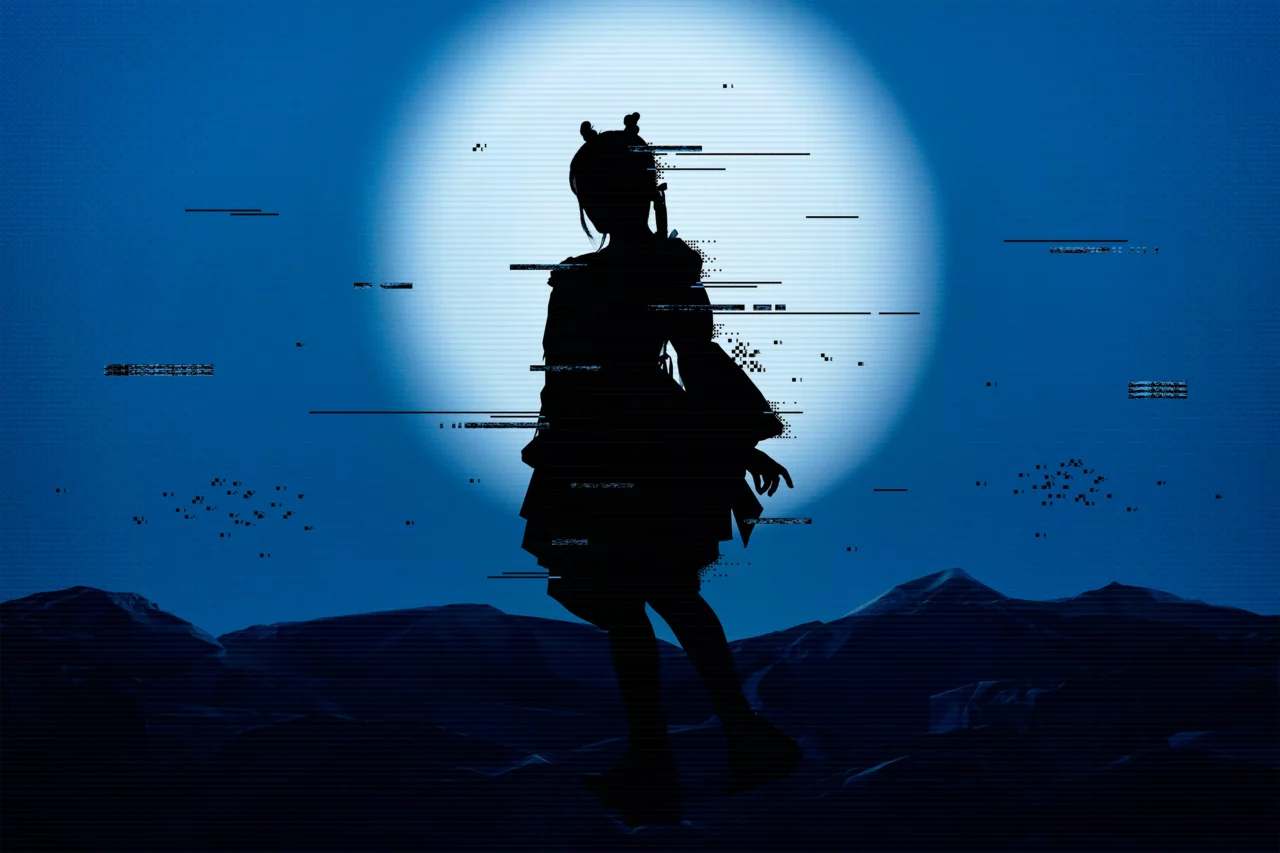
A trailblazing virtual singer-songwriter of the new generation, Kaika made her debut on January 14, 2024, during KAF’s 4th ONE-MAN LIVE “Kaika” at the National Yoyogi Stadium First Gymnasium. Marking a pivotal evolution in KAF’s artistic journey, Kaika masterfully blends a wide array of musical genres with unique, dynamic expressions. She pours her raw, impulsive emotions into her songs, giving voice to the deep feelings that stir within her. Through her one-of-a-kind sensibility, she transforms everyday thoughts, emotions, and memories into vibrant soundscapes and lyrics. With every note, an indomitable, beautiful energy blooms—untouchable and pure.
It’s really important that these two songs are included. But at first, you were unsure about including songs you originally sang as KAF on a Kaika album.
Kaika: I was the one most concerned about that. After all, KAF is something we create as a team, so I felt like mixing my personal things into it might not be right.
I sometimes think about it… for example, if I accidentally walked out in front of the monitor during a KAF live show, everyone would probably just think, “This weirdo’s crashing the stage!” (laughs). That feeling used to be a bit of a complex for me, but with this album coming out, I’ve been able to sort through those feelings. I realized that it’s not about that—it’s not the essence. KAF and Kaika are connected through me, and I feel like this album allowed me to express that.
The credits for these two songs are listed as “KAIKA & KAF,” and I thought that was really beautiful.
Kaika: I didn’t want to split the credits in a way that would make people think one of them was a lie, so I’m glad I could define it this way. It’s been really freeing, and now it’s easier to work this way. I think it’s great not to be bound by fixed ideas like, “If it’s this name, it has to be this way,” and instead, I can choose whatever feels right for me.

















